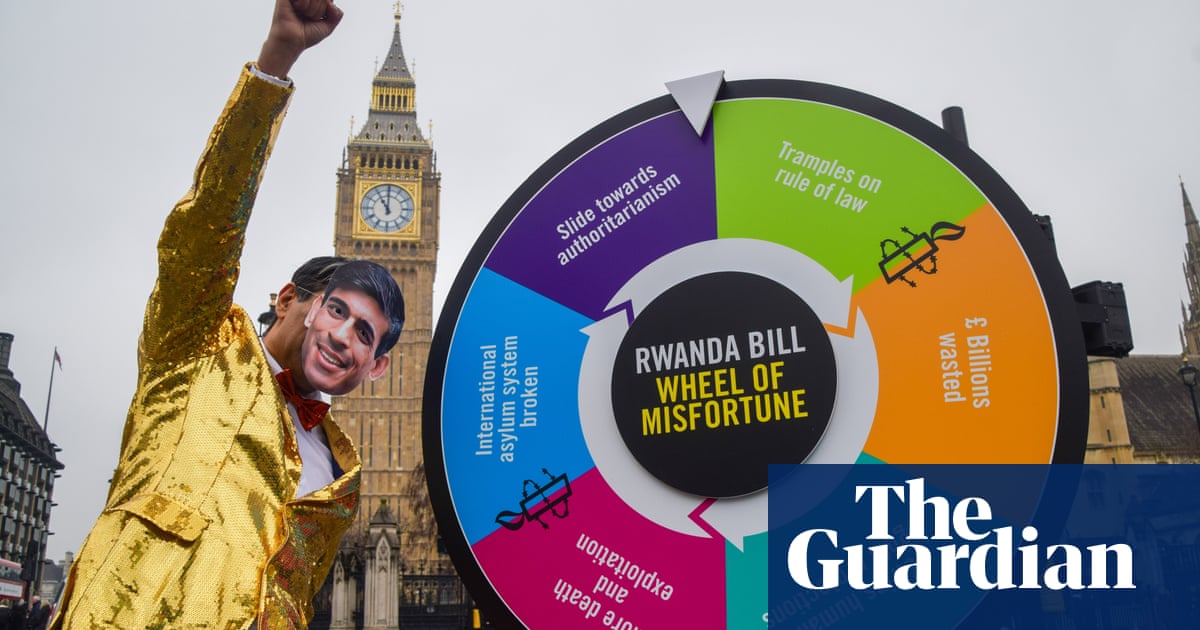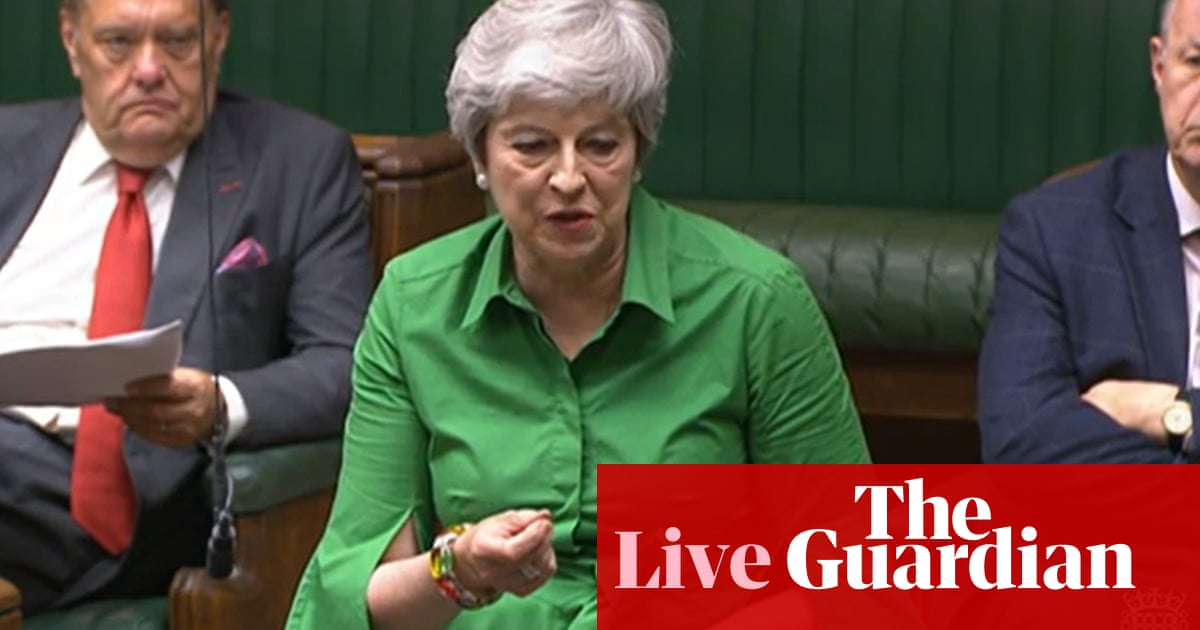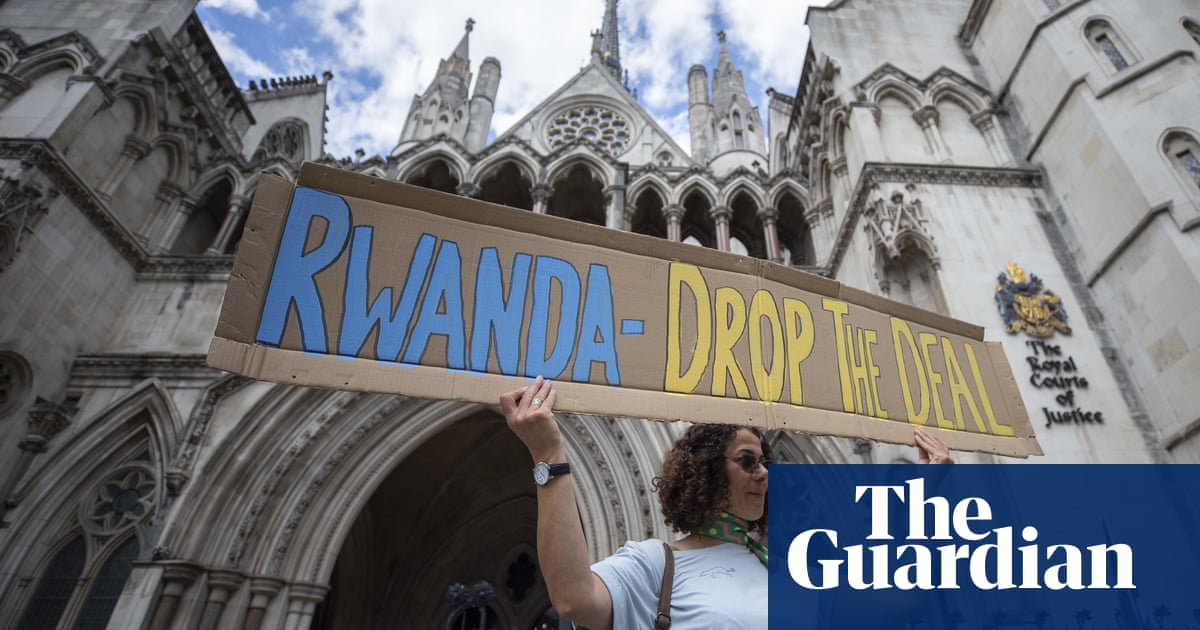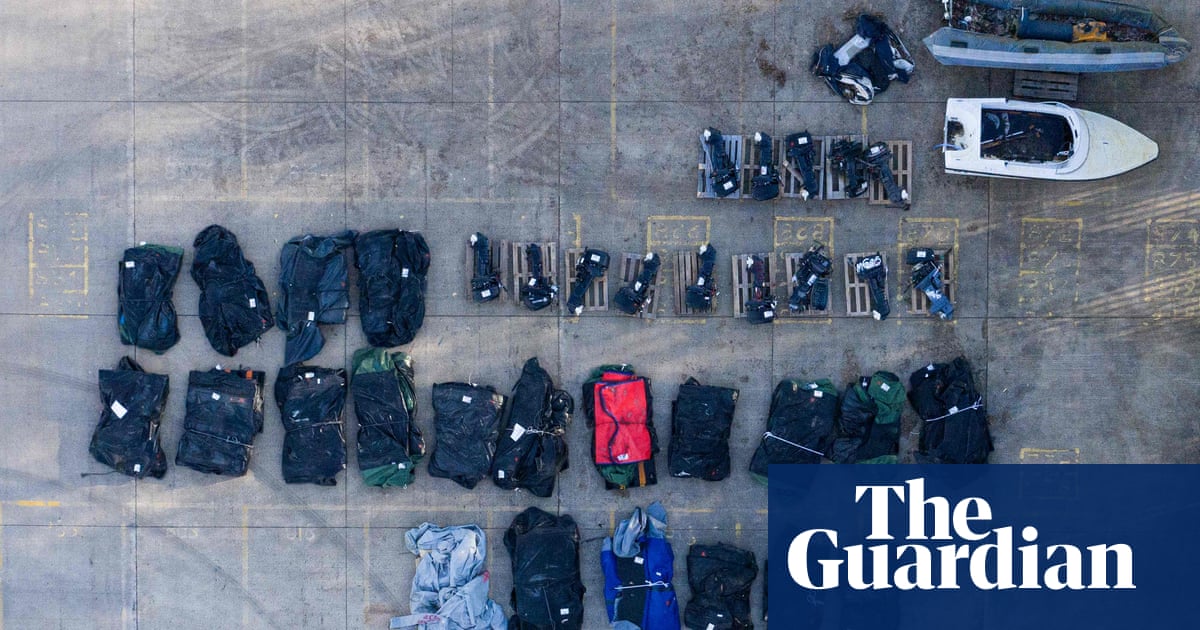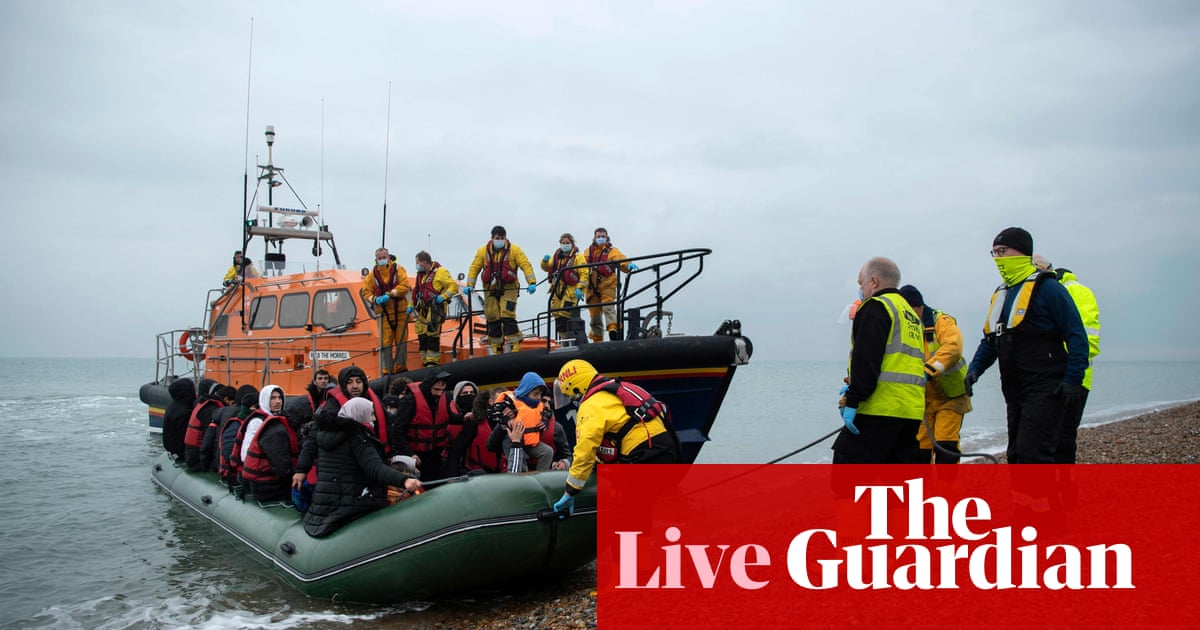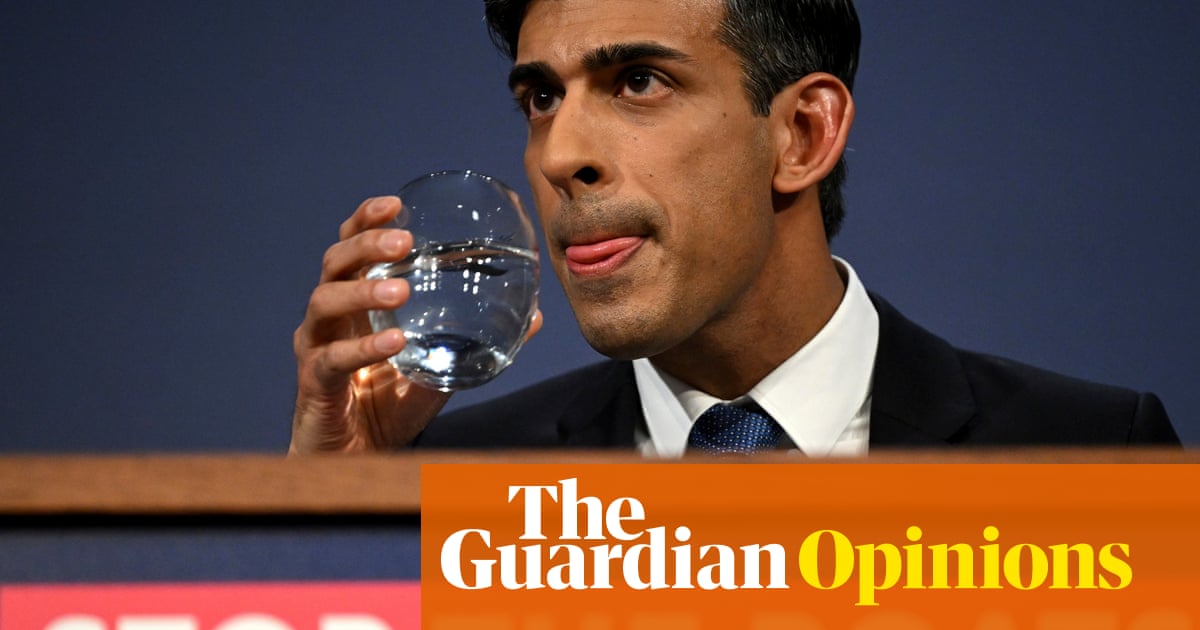
It is not only very telling but also grimly ironic how, over the course of a week, the government has had to respond to the crisis in Sudan and at the same time explain what its flagship asylum bill will mean.
Defence secretary Ben Wallace told the Commons defence select committee on Tuesday that the conflict could quickly become a humanitarian crisis. The next day at prime minister’s questions, ahead of the third reading of the illegal migration bill, Prime Minister Rishi Sunak refused to say whether a child fleeing the conflict would be deported if they arrived in Britain on a small boat from France. Instead, he dodged the question and talked about how, in the last five years, other vulnerable children have been welcomed to the UK as refugees.
A few hours before, the home secretary, Suella Braverman, stated more pointedly that people fleeing Sudan would not be allowed to apply for asylum in the UK, nor would the government put in place a “safe” route for them to reach the country.
That, of course, is the reality of the illegal immigration bill. It slams Britain’s door in the face of those who have had no choice but to take dangerous journeys to reach safety. The UNHCR has named it for what it is: “an asylum ban – extinguishing the right to seek refugee protection in the United Kingdom”. It’s an indiscriminate approach that will see many thousands of refugees unfairly turned away. More than three-quarters of asylum claims assessed last year were found to be valid. In future, all of those will be automatically rejected. Men, women and children who could be you or me, if we were Sudanese, Afghan or Iranian.
The government appears to be cocksure about doing the right thing. But not necessarily so sure that it will stop the boats coming across the Channel. “It is a complicated problem, where there’s no single, simple solution that will fix it,” Sunak has said, admitting “it won’t happen overnight”. Conservative MPs privately are not only sceptical but doubtful that without far more safe routes, the arrivals will diminish. They see those routes as vital in providing an alternative to the dangerous journeys controlled by people smugglers.
No 10 gave a nod to this by accepting an amendment to the bill from Tim Loughton, Conservative MP for East Worthing and Shoreham, that states that plans to provide additional routes must be brought forward within six months of the bill passing. It remains to be seen if this will actually result in any meaningful expansion of safe routes, such as the provision of family reunion visas, which have declined by 40% compared with the pre-Covid level in 2019.
There are many senior Tory MPs who still remain very uneasy about what the bill means for both victims of modern slavery and children separated from their families seeking asylum. Theresa May is particularly angry about the legislation effectively dismantling the modern slavery provisions she brought in as home secretary. She is right that far more people, including vulnerable women and girls, will be left in slavery in the UK as a result. The former prime minister wasn’t bought off by No 10’s attempt to table an amendment that only tinkered with the modern slavery provisions in the bill, lambasting it as a “slap in the face” for those who care about the victims of modern slavery and human trafficking.
And despite calls to remove all separated children from the provisions of the bill by the children’s commissioner and senior Tories such as the former justice secretary, Robert Buckland, the government adamantly insists they need to be included to ensure what it believes will be a sufficient deterrent effect.
It’s worth remembering that when she was home secretary, Priti Patel chose to exempt children from new legal provisions she introduced that mean any asylum claim by a person who has travelled through a so-called safe third country is inadmissible. The word in Westminster is that she is very uncomfortable with imposing an asylum ban on unaccompanied children, which speaks volumes about the extremity of the government’s approach.
The House of Lords is expected to cause considerable unease for the government and will no doubt seek to slice and dice the bill into something it sees as far more palatable. Multiple government defeats are likely. But the prime minister wants the bill in law for when parliament rises in July for summer recess. There are likely to be some concessions, for instance, over time limits on the use of detention for children and families and on the proposed changes to the protections and support for victims of modern slavery.
Don’t expect the meat of the legislation to change, though. Stopping the boats is a top priority for Sunak, and he sees the asylum bill as a critical part of the equation. It is, however, a high-risk political strategy, not least given the fact that it plays up expectations when the chances of it actually delivering an end to Channel crossings are low.
An analysis by the Refugee Council has found that, in the first three years of the legislation coming into effect, up to 190,000 people will have had their asylum claims deemed inadmissible but won’t have been removed. They will be left destitute, unable to work, and reliant on Home Office support and accommodation indefinitely. This will come at a huge cost – about £9bn will be spent over three years on locking up refugees in detention centres and accommodating people who can’t be removed to other countries.
It’s difficult to see how the bill will do anything to actually stop the boats; instead it will undoubtedly make matters much worse, causing further human misery. The conflict in Sudan graphically illustrates that addressing global refugee movements requires the government to join forces with other western nations and the UN to focus on increasing foreign aid and improving conflict resolution. Neither is happening. Without addressing the so-called push factors, the numbers seeking safety in the UK and Europe will not reduce, but are likely to increase.
As the government ramps up its rhetoric against people seeking asylum, we must not forget there are other ways to navigate what is undoubtedly a global challenge. Instead, the UK is resorting to divisive, unfair and inhumane laws that will indiscriminately lock up men, women and children and seek to kick them out of the UK.
Enver Solomon is chief executive of the Refugee Council




